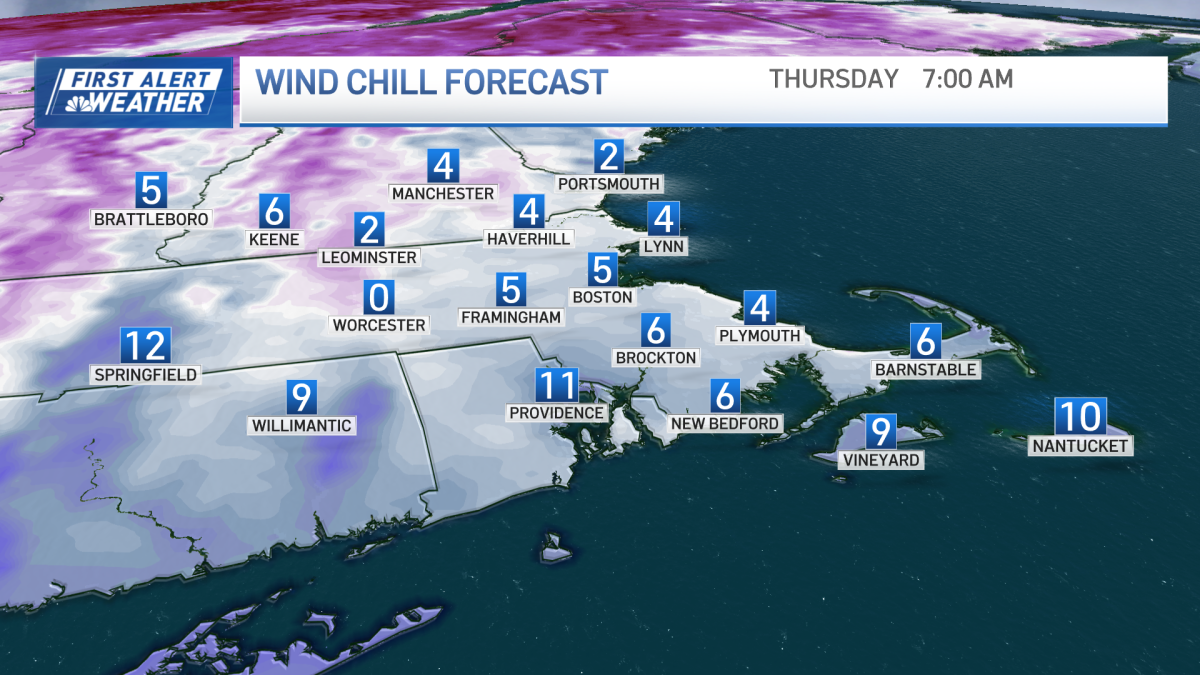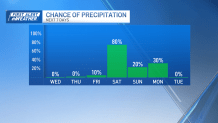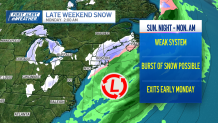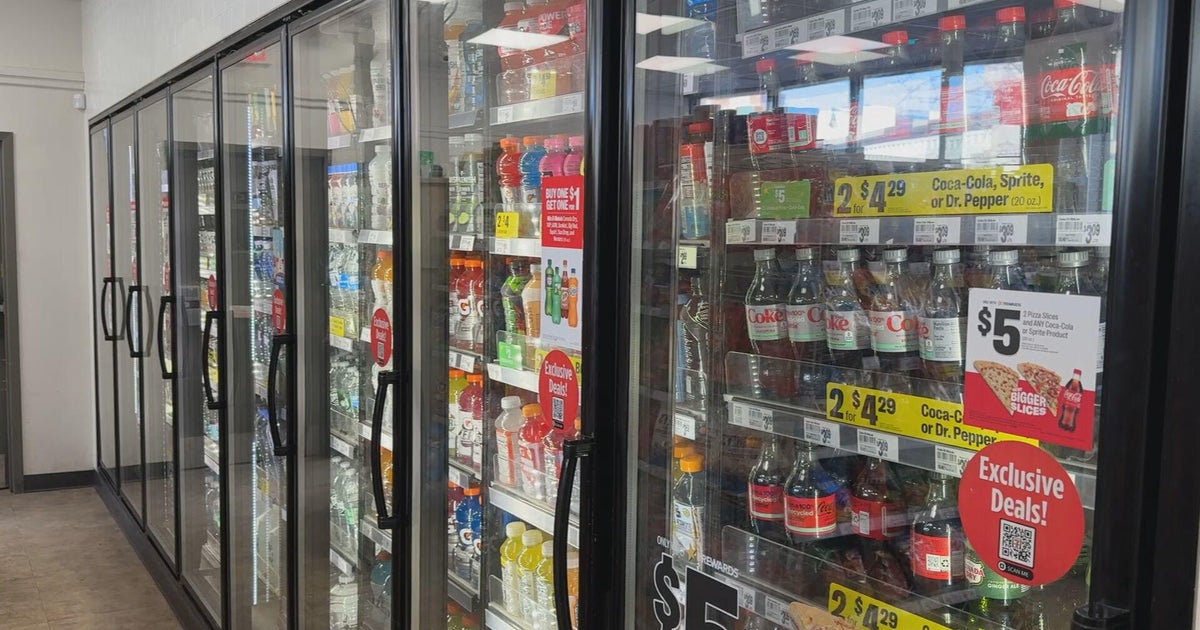Boston, MA
A love letter to Duke Engage Boston: Turning ‘sorry’ into ‘thank you’

There are some connections that we have with certain people and places in our lives that are inexplicable. They carry microscopic missing pieces of our heart that were destined to find us but only when the moment was right.
Such has been my connection with Boston. At every moment of reckoning in my life, its unique intersection of past and present has called me back. I took my first breaths in Boston, received my first major college acceptance in Boston, and most recently, experienced my first taste of adult independence in Boston.
I was no longer the young girl I’d been every other time I had tread its delicate cobblestone pathways and explored its bustling squares. Instead, I had become a young woman.
This transformation was not one engendered merely from crossing the magic age of eighteen but one cultivated by a weighty emptiness carved by the hardships of the last year.
My freshman year of college was nothing like I’d expected. Being at Duke was a dream come true, but adjusting to life away from home was quite nightmarish at times. I had to learn how to combat scary new physical challenges as my body acclimatized to a new diet while also managing the social and emotional struggles of every student living away from home for the first time.
Although I emerged from these exhausting battles stronger, I was not unscathed at the end of last year. Fundamental parts of who I was becoming had shifted. Feeling dependent on those around me to care for me while I was sick, I had begun perceiving myself as a burden to them, and I reacted to this shift in self-image by over apologizing. “I’m sorry” became my instinctive reaction to kindness instead of gratitude. I was losing the childlike optimism that I had so adored in myself. As I started feeling like I was unable to trust the world around me, I also gave up believing in myself.
I had little time to process these feelings after leaving Duke. After enjoying a few days of summer, it was time to go to Boston for my Duke Engage Summer.
As I was walking down the airport escalator to meet the rest of my group, I felt a spark light up in my heart. A voice whispered to me that it would all be okay, that this was the moment I was waiting for.
That epiphany did not strike immediately, of course. I had a lot of learning to do: not only about navigating a big city after living in small suburbs my whole life, but also about the deep rooted complications of the work that we were doing. While in Boston, we would be advocating for children and families by working with nonprofits to support effective models of addressing issues important to children, families, and communities. But though this mission was crafted with good intentions, it was also saddled with immense complexities: our time in Boston was temporary, but the work our non-profits were engaged in would endure far beyond our last day. We were privileged Duke students coming into spaces that we did not know and more importantly, spaces that did not know us.
What did it mean for us to work with them for such a brief time?
What did it mean for us to live in one of the wealthiest areas of town while walking past homeless individuals to get to our dorm?
What did it mean for us to enjoy the amenities our non-profits offered us – running water, electricity, and a comfortable office space — while many of the people we served had access to few of these resources?
I never found definitive answers to them, but as I pondered these questions with the rest of my cohort, I began to realize my own insignificance in the lofty goal “of changing the world.” I started understanding that very little, if any, of my work would have a sizable impact on those that I aimed to help.
If this was true, then that meant something more comforting was too: my personal difficulties could soon become relatively insignificant in the grand scheme of my own life. But if the work we do doesn’t matter, then what does?
I discovered the answer to this question through the people I met in Boston..
First, was my Duke Engage cohort. All fourteen of us came from different cross-sections of the Duke fabric: some of us were interested in economics and law; others in education; while still others in the intersection of medicine and gender studies. Yet, despite these differences, we shared one fundamental trait: we cared deeply about the world around us, and we wished to do something about it. As our Instagram, the “Boston Baddies,” so poetically states, we were a collection of “silly goofy wise sketch freaks” who brought together seriousness of purpose and lightness of being.
Next was my team at 826 Boston, the Duke partner organization that I was working for. Coincidentally, my supervisor was also from Mississippi, and grew up only a few miles away from me. She was the most encouraging first “boss.” While I had always felt that my entire self-worth in professional settings depends on what I can do, she taught me to always feel pride in who I am. It was inspirational to find a role model like her in my first professional experience.
While not with my cohort or at 826, I would spend time with a family friend on the weekends. I was nervous about this being an imposition to cure my homesickness at first, all my doubts were erased when they took me in as their own daughter. They cared for me in the same way my parents and sister do and filled my heart with love and respect for them that will last a lifetime.
It was through the acts of kindness and gestures of love from my cohort, my supervisor, and my family friends that my quandary was resolved: what matters is how we make other people feel.
This lesson was further ingrained in my conscience by their son and the people whom I met through him. Although his world was totally different from my Southern small town, he and his friends took me in, never once treating me like a stranger. While in their company, I learned to laugh at myself.
Collectively, all of these people, with every kind word they uttered, with every joke they told, and with every gesture of warmth they extended, restored my inner calm. The light shining from memories I made with them helped me see the world like I used to again: for what it could be, instead of what it is.
It feels strange to know that Boston can never fathom the impact it has had on me — that while I was a fleeting presence in the lives of those I encountered there, they have left an indelible mark on mine.
But how beautiful is it that sometimes strange places can soothe us in ways those familiar to us cannot? How beautiful is it that sometimes the most special connections we form are with the people we meet along the way, unexpectedly, but who change us permanently? How beautiful is it that kindness and love can transform friends into family?
My freshman year tendency to over apologize for acts of compassion that I experienced seeped into my Boston experience. As a stranger in a new city, I often experienced the hospitality of others, ranging from strangers on the street who helped me find the correct train to my family friends, who showered me with immense kindness and love, and my supervisor, who patiently worked with me as I learned the ropes of a new job.
Instinctively, “I’m sorry” would burble at my lips. But when a new friend pointed out the frequency with which I used that phrase, I realized that while I felt I was being polite, I was actually apologizing for the kindness people showed me instead of appreciating it.
So, let me take this moment to say what I should have said instead to Boston and its people and its places and the beautiful memories it has given me.
Thank you. Thank you. Thank you.
Advikaa Anand is a Trinity sophomore. Her column runs on alternating Thursdays.
Get The Chronicle straight to your inbox
Signup for our weekly newsletter. Cancel at any time.
| Opinion Managing Editor
Advikaa Anand is a Trinity sophomore and an opinion managing editor of The Chronicle’s 119th volume.

Boston, MA
Below freezing temperatures again today

The winds are still going Wednesday, but the air temperatures remain at respectable levels. Highs will manage to weasel up to 30 in most spots. It’s too bad we’re not going to feel them at face value. Instead, we’re dressing for temps in the teens all day today.
Thursday and Friday are the picks of the week.
There will be a lot less wind, reasonable winter temperatures in the 30s and a decent amount of sun. We’ll be quiet into the weekend, as our next weather system approaches.
With mild air expected to come north on southerly winds, highs will bounce back to the low and mid-40s both days of the weekend.
Showers will be delayed until late day/evening on Saturday and into the night. There may be a few early on Sunday too, but the focus on that day will be to bring in the cold.
Highs will briefly sneak into the 40s, then fall late day.

We’ll also watch a batch of snow late Sunday night as it moves up the Eastern Seaboard.
Right now, there is a potential for some accumulation as it moves overhead Sunday night and early Monday morning.
It appears to be a weak, speedy system, so we’re not expecting it to pull any punches.

Enjoy the quieter spell of weather!
Boston, MA
Boston City Councilor will introduce

BOSTON – It could cost you more to get a soda soon. The Boston City Council is proposing a tax on sugary drinks, saying the money on unhealthy beverages can be put to good use.
A benefit for public health?
“I’ve heard from a lot of residents in my district who are supportive of a tax on sugary beverages, but they want to make sure that these funds are used for public health,” said City Councilor Sharon Durkan, who is introducing the “Sugar Tax,” modeled on Philadelphia and Seattle. She said it’s a great way to introduce and fund health initiatives and slowly improve public health.
A study from Boston University found that cities that implemented a tax on sugary drinks saw a 33% decrease in sales.
“What it does is it creates an environment where we are discouraging the use of something that we know, over time, causes cancer, causes diet-related diseases, causes obesity and other diet-related illnesses,” she said.
Soda drinkers say no to “Sugar Tax”
Soda drinkers don’t see the benefit.
Delaney Doidge stopped by the store to get a mid-day pick-me-up on Tuesday.
“I wasn’t planning on getting anything, but we needed toilet paper, and I wanted a Diet Coke, so I got a Diet Coke,” she said, adding that a tax on sugary drinks is an overreach, forcing her to ask: What’s next?
“Then we’d have to tax everything else that brings people enjoyment,” Doidge said. “If somebody wants a sweet treat, they deserve it, no tax.”
Store owners said they’re worried about how an additional tax would impact their businesses.
Durkan plans to bring the tax idea before the City Council on Wednesday to start the conversation about what rates would look like.
Massachusetts considered a similar tax in 2017.
Boston, MA
Patience over panic: Kristaps Porzingis and the Celtics struggles

The Celtics aren’t playing great basketball. Coincidence or not, this stretch has coincided with the return and reintegration of Kristaps Porzingis. In 23 games without the big man, Boston has a record of 19-4—with him in the lineup, that falls to a much less flattering 9-7 record.
This has put his value on trial, and opened the door to discussions about whether a move to the bench could be helpful for everyone involved. It’s not a crazy idea by any means, but it’s shortsighted and an oversimplification of why the team has struggled of late.
While Kristaps attempts to slide back into his role, there’s an adjustment period that the team naturally has to go through. That’s roughly 13 shots per game being taken from the collective and handed to one individual. It’s a shift that can impact that entire rotation, but it’s also not unfamiliar to the team—by now, they’re used to the cycle of Porzingis’ absence and return.
KP hasn’t been the same game-breaking player that we’ve come to know, but he’s not that far off. He isn’t hunting shots outside of the flow of the offense, and the coaching staff isn’t force-feeding him either.
This table shows a comparison in the volume and efficiency of Kristaps’ most used play types from the past two seasons. Across the board, the possessions per game have remained very similar, while the efficiency has taken a step back.
He’s shooting below the standard he established for himself during the championship run, but the accuracy should come around as he gets more comfortable and confident in his movements post-injury. Porzingis opened up about this after a win over the Nuggets, sharing his progress.
“80-85%. I still have a little bit to go.” Porzingis said. “I know that moment is coming when everything will start clicking, and I’ll play really high-level basketball.”
In theory, sending KP to the bench would allow him to face easier matchups and build his conditioning back up. On a similar note, he and the starters have a troubling -8.9 net rating. With that said, abandoning this unit so quickly is an overreaction and works against the purpose of the regular season.
It may require patience, but we’re talking about a starting lineup that had a +17.3 net rating over seven playoff games together. Long term, it’s more valuable to let them figure it out, rather than opt for a temporary fix.
It can’t be ignored that the Celtics are also getting hit by a wrecking ball of poor shooting luck in his minutes. Opponents are hitting 33.78% of their three-pointers with him on the bench, compared to a ridiculously efficient 41.78% when he’s on the court. To make matters worse, Boston is converting 37.21% of their own 3’s without KP, and just 32.95% with him.
Overall, there’s a -8.83% differential between team and opponent 3PT efficiency with Porzingis in the game. This is simply unsustainable, and it’s due for positive regression eventually.
Despite his individual offensive struggles, Porzingis has been elite as a rim protector. Among 255 players who have defended at least 75 shots within 6 feet of the basket, he has the best defensive field goal percentage in the NBA at 41.2%. Players are shooting 20.9% worse than expected when facing Kristaps at the rim.
Boston is intentional about which shooters they’re willing to leave open and when to funnel drives toward Porzingis. Teams are often avoiding these drives, and accepting open looks from mediocre shooters—recently, with great success. Both of these factors play into the stark difference in opponent 3PT%.
The numbers paint a disappointing picture, but from a glass-half-full perspective, there’s plenty of room for positive regression. Last season, the starting lineup shot 39.31% from beyond the arc and limited opponents to 36.75%. This year, they’ve struggled, shooting just 27.61% themselves, while opponents are converting at an absurd 46.55%.
Ultimately, the Celtics’ struggles seem more like a temporary blip, fueled by frustrating shooting luck and a slow return to form for Kristaps, rather than a reason to panic. The core of this team has already proven their ability to perform together at a high level, and sticking with the current configuration gives them the best chance to break out of the slump.
Allowing Porzingis to round into shape and cranking up the defensive intensity should help offset some of the shooting woes. As Porzingis eloquently put it, “with this kind of talent in this locker room, it’s impossible that we don’t start playing better basketball.” When water finds its level, the game will start to look easy again.
-

 Health1 week ago
Health1 week agoOzempic ‘microdosing’ is the new weight-loss trend: Should you try it?
-
/cdn.vox-cdn.com/uploads/chorus_asset/file/25822586/STK169_ZUCKERBERG_MAGA_STKS491_CVIRGINIA_A.jpg)
/cdn.vox-cdn.com/uploads/chorus_asset/file/25822586/STK169_ZUCKERBERG_MAGA_STKS491_CVIRGINIA_A.jpg) Technology6 days ago
Technology6 days agoMeta is highlighting a splintering global approach to online speech
-

 Science4 days ago
Science4 days agoMetro will offer free rides in L.A. through Sunday due to fires
-
/cdn.vox-cdn.com/uploads/chorus_asset/file/25821992/videoframe_720397.png)
/cdn.vox-cdn.com/uploads/chorus_asset/file/25821992/videoframe_720397.png) Technology1 week ago
Technology1 week agoLas Vegas police release ChatGPT logs from the suspect in the Cybertruck explosion
-

 Movie Reviews1 week ago
Movie Reviews1 week ago‘How to Make Millions Before Grandma Dies’ Review: Thai Oscar Entry Is a Disarmingly Sentimental Tear-Jerker
-

 Health1 week ago
Health1 week agoMichael J. Fox honored with Presidential Medal of Freedom for Parkinson’s research efforts
-

 Movie Reviews1 week ago
Movie Reviews1 week agoMovie Review: Millennials try to buy-in or opt-out of the “American Meltdown”
-

 News1 week ago
News1 week agoPhotos: Pacific Palisades Wildfire Engulfs Homes in an L.A. Neighborhood















